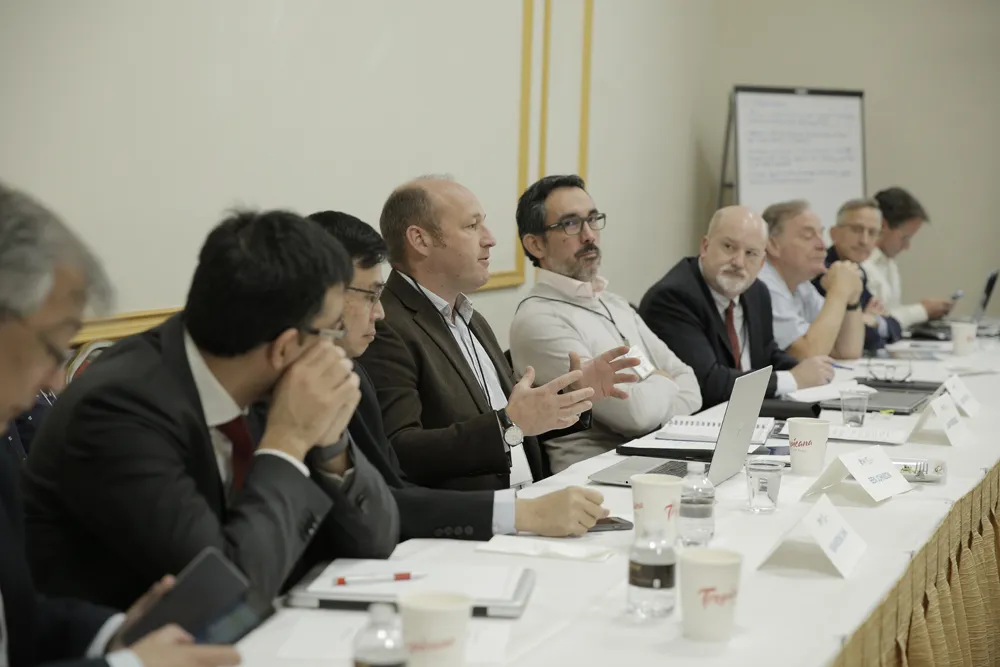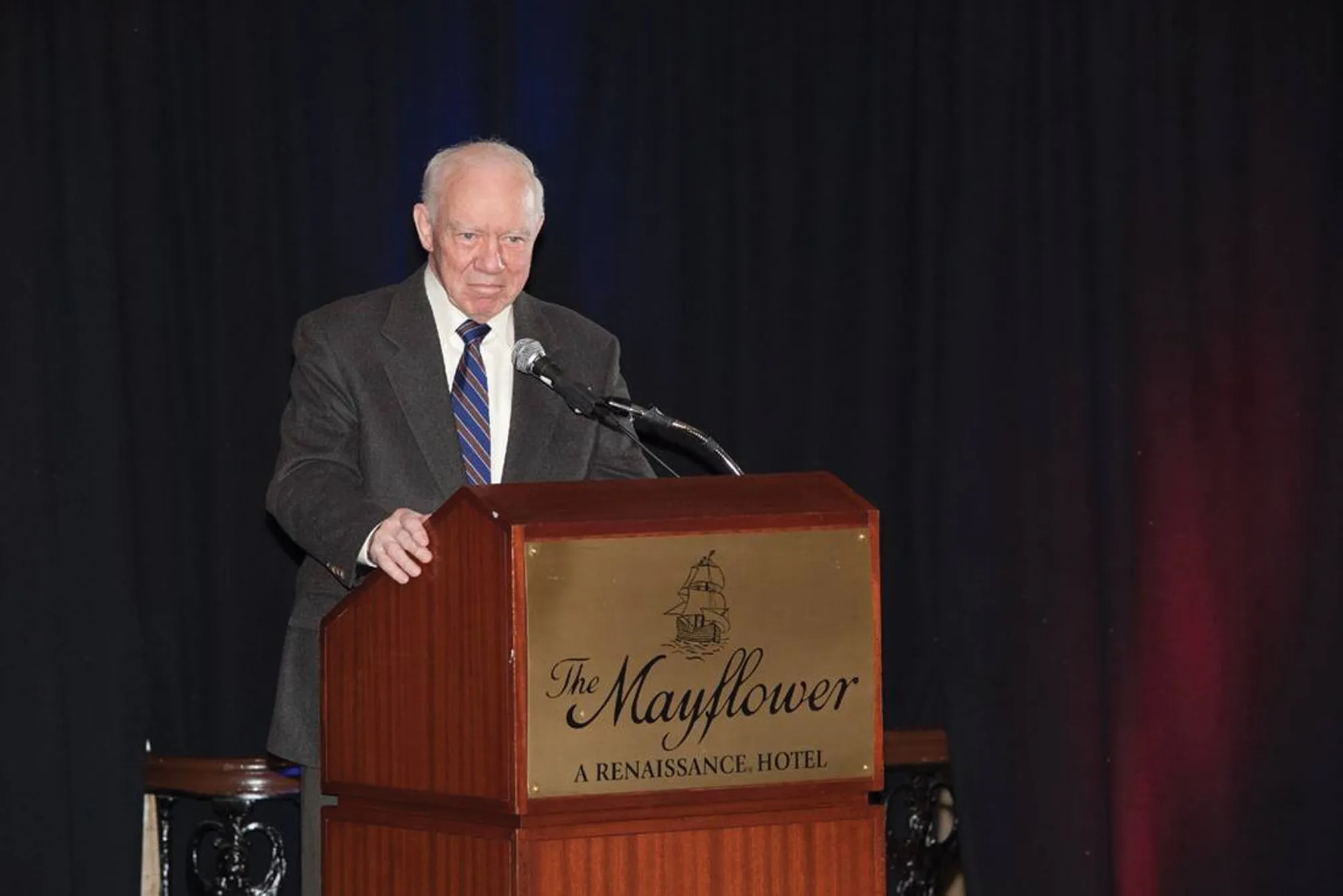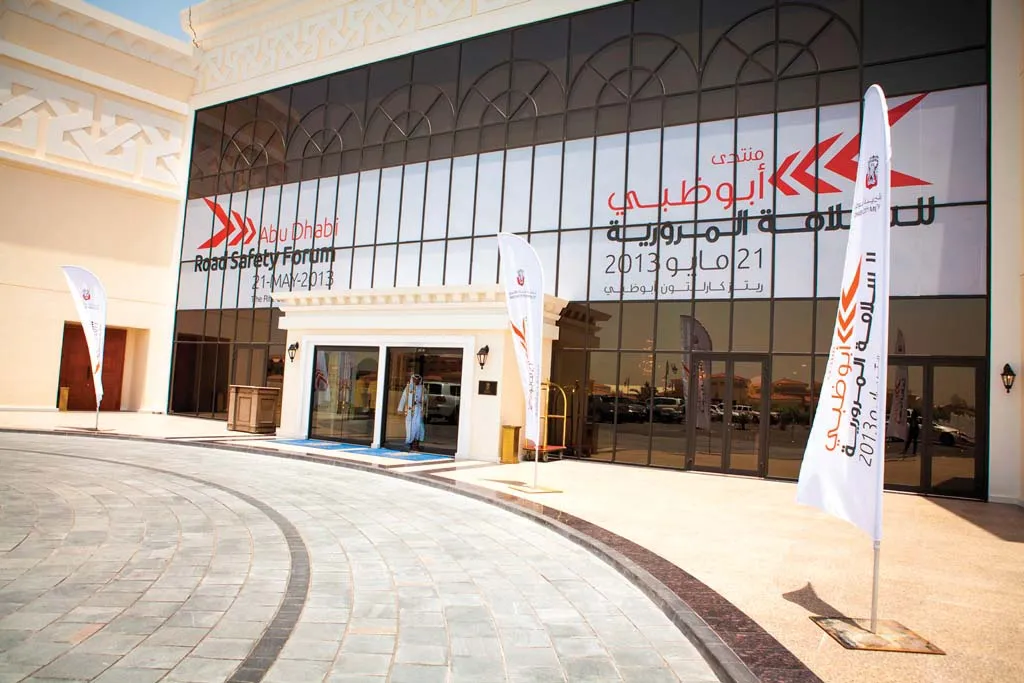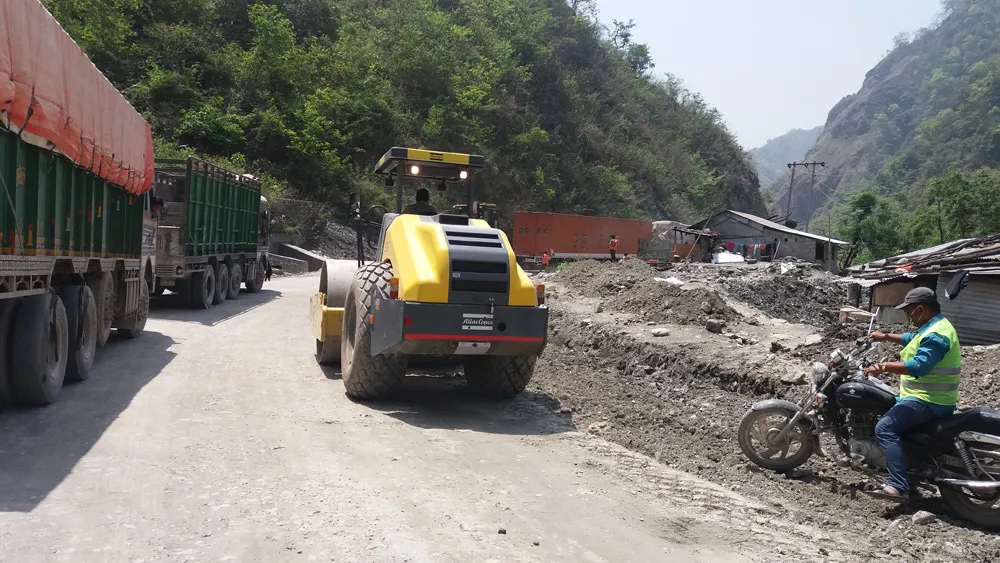
Opened to traffic on July 1, 2019, this Public-Private-Partnership project was delivered in only 48 months (from design to substantial completion) and met all quality objectives through the implementation of a comprehensive design quality management plan (DQMP).
The quality system set the framework for all major processes, including multiple layers of design reviews and checks, change management, design surveillance in fabrication and construction, and quality audits. This complex project required close collaboration amongst all stakeholders including designers, specialty experts, fabricators, constructors, reviewers/ checkers, and owners. The quality team’s efforts went beyond what was required by the project agreements to overcome challenges associated with managing a large global team.
The Samuel De Champlain Bridge came with stringent design requirements and performance criteria. The bridge had to be designed to withstand a long list of site-specific challenges such as ice loading and abrasion, wind and seismic hazards, vessel collision and scour potentials. Adding to these challenges was Montreal’s severe winters which mandated the shutdown of the seaway operations for four months of the year; this necessitated utilising precasting and prefabrication offsite to minimise onsite erection time. TYLI, as the joint venture managing partner, managed over 15 subconsultants, whose interactions required overlap and extensive coordination. The technical demands of the project drove the team to be creative in its organisation, and in turn, its quality management program.
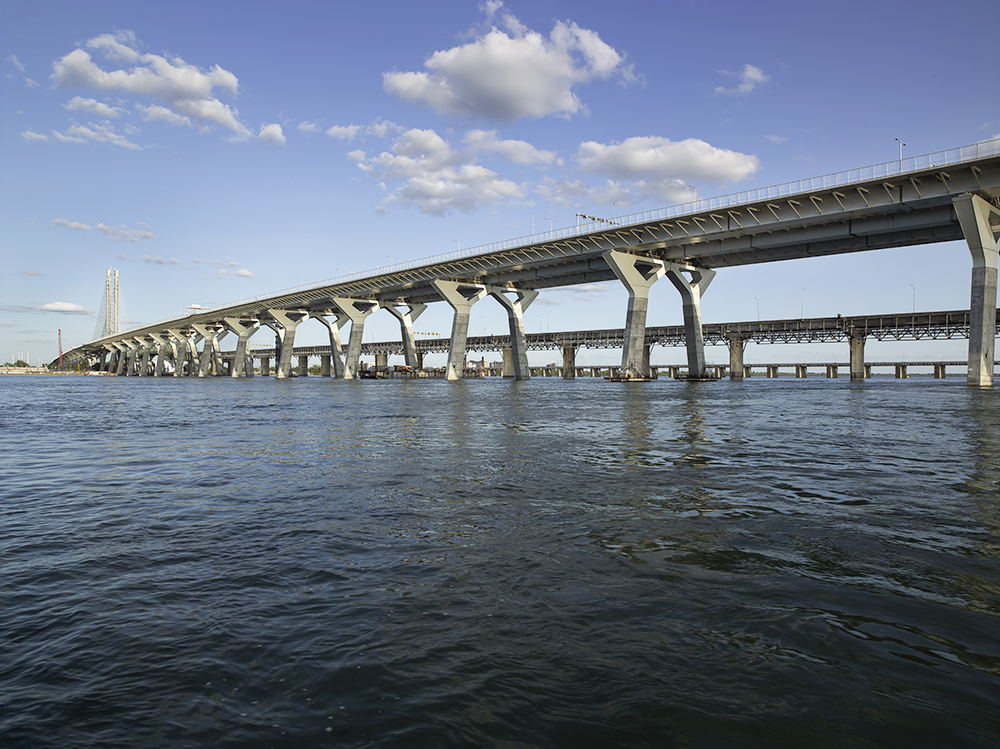 The private partner developed, implemented, and maintained an ISO 9001-compliant Design Quality Management Plan, which TYLI tailored to contain project-specific missions, visions, and goals; defined roles and responsibilities of the team members.
The private partner developed, implemented, and maintained an ISO 9001-compliant Design Quality Management Plan, which TYLI tailored to contain project-specific missions, visions, and goals; defined roles and responsibilities of the team members.
The DQMP instituted multiple quality measures that exceeded the project requirements including an independent check of the design by a separate team, still internal to the design joint venture. In this check, the team used different analysis software to validate the design, providing added assurance to the products. Changes in the design during fabrication and construction were also subject to the same quality control process as the original design - resulting in a successful project completed within a tight timeframe in this challenging location.
Receiving the IRF Award in the Quality Category category, Carol Choi, PE, CMQ/OE, TYLin design quality manager for the Samuel De Champlain Bridge Corridor Project noted, “TYLin ensured that this design-build project was guided to completion through a comprehensive quality management plan. Our entire team is very honoured to be recognised for our excellence in Quality Management.”
Showcasing industry excellence
The International Road Federation’s Global Road Achievement Awards (GRAA) is a one-of-a kind competition to recognise innovative road projects and exemplary people that place the road industry at the forefront of worldwide social and economic development.
Instituted in 2000, the Awards have distinguished more than 200 programmes, projects and products from around the world. Today, the Awards are recognised as a prestigious industry accolade in their own right, but they also serve to remind a much wider audience that the mobility everyone takes for granted would not be possible without the talent and commitment of our industry.
2023 applications are currently being accepted across the 12 award categories until May 8, 2023 at www.irf.global/graa


